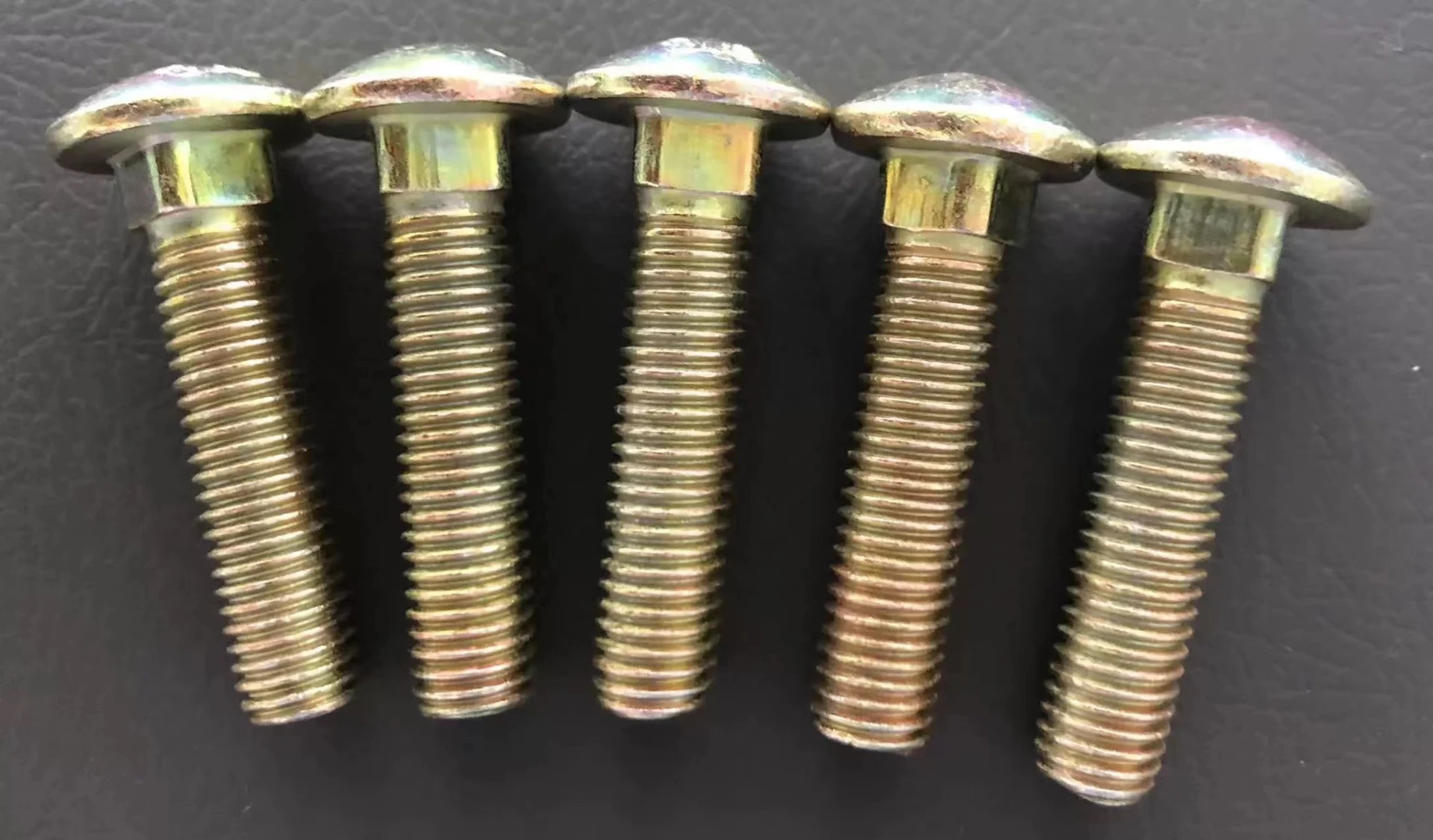

self tapping outdoor screws
Nov . 05, 2024 13:10 Back to list
self tapping outdoor screws
The Versatility of Self-Tapping Outdoor Screws
When embarking on outdoor projects, whether it involves construction, DIY home improvements, or garden enhancements, choosing the right fasteners is crucial. Among the various options available, self-tapping outdoor screws stand out for their unique design, ease of use, and durability in harsh weather conditions. In this article, we will explore their features, benefits, and applications, making a case for why they should be a staple in your toolkit.
What Are Self-Tapping Screws?
Self-tapping screws are specially designed fasteners that can create their own hole as they are driven into a material. Unlike traditional screws, which require a pre-drilled hole, self-tapping screws have a sharp, pointed tip that allows them to pierce through various substrates, including wood, plastic, and even metal. This feature makes them particularly useful in outdoor settings where conditions can be unpredictable.
Key Features
1. Material and Coatings Self-tapping outdoor screws are commonly made from stainless steel or coated with materials like zinc to resist corrosion and rust. This is vital for outdoor applications, where exposure to moisture, rain, and UV rays can quickly deteriorate lesser fasteners.
2. Variety of Designs They come in various head styles, such as pan, flat, or round, and different drive types, including Phillips, square, and hex. This versatility allows users to select the best screw for their specific task, whether they need a low-profile finish or a screw that provides better grip.
3. Thread Design The thread design on self-tapping screws can vary significantly. Some have aggressive threads for softer materials, while others feature finer threads for increased holding power in harder materials. This adaptability makes them suitable for a wide range of applications, from decking to fencing.
Benefits of Using Self-Tapping Outdoor Screws
self tapping outdoor screws

1. Ease of Installation One of the greatest advantages of self-tapping screws is their ease of installation. Users do not need to invest time and effort in pre-drilling holes, which not only speeds up the construction process but also reduces labor costs.
2. Strength and Durability Due to their robust design and material choices, self-tapping screws provide excellent holding power. They can withstand varying loads and environmental conditions, making them ideal for projects exposed to the elements.
3. Time Efficiency The elimination of the pre-drilling step significantly reduces the overall time required to complete a project. For contractors and DIY enthusiasts alike, this can lead to increased productivity and faster project completion.
4. Reduced Risk of Damage When using self-tapping screws, the likelihood of splitting wood or damaging other materials is minimized. Since these screws create their own holes, they do so in a way that remains cohesive to the material being fastened.
Applications
Self-tapping outdoor screws are versatile and can be used in a range of applications. They are ideal for
- Decking Perfect for securing deck boards to joists without the risk of wood splitting. - Fencing Strong enough to hold up various fence types, from wooden to composite materials. - Siding Installation Effective for attaching siding materials while preventing damage to the surface. - Garden Structures From trellises to raised garden beds, these screws can hold up various outdoor enhancements with ease.
Conclusion
In summary, self-tapping outdoor screws are the go-to fasteners for anyone involved in outdoor building projects. Their remarkable design, coupled with the benefits of ease of use, strength, and time efficiency, make them indispensable. As you plan your next outdoor project, consider the advantages of self-tapping screws and incorporate them into your toolkit. Whether you are a seasoned contractor or a DIY novice, investing in these fasteners will undoubtedly lead to successful and durable outdoor constructions.
Latest news
-
Hot Dip Galvanized Bolts-About LongZe|High Strength, Corrosion Resistance
NewsJul.30,2025
-
High-Strength Hot Dip Galvanized Bolts - Hebei Longze | Corrosion Resistance, Customization
NewsJul.30,2025
-
Hot Dip Galvanized Bolts-Hebei Longze|Corrosion Resistance&High Strength
NewsJul.30,2025
-
High-Strength Hot-Dip Galvanized Bolts-Hebei Longze|Corrosion Resistance&High Strength
NewsJul.30,2025
-
Hot Dip Galvanized Bolts-Hebei Longze|Corrosion Resistance&High Strength
NewsJul.30,2025
-
Hot Dip Galvanized Bolts - Hebei Longze | Corrosion Resistance, High Strength
NewsJul.30,2025

